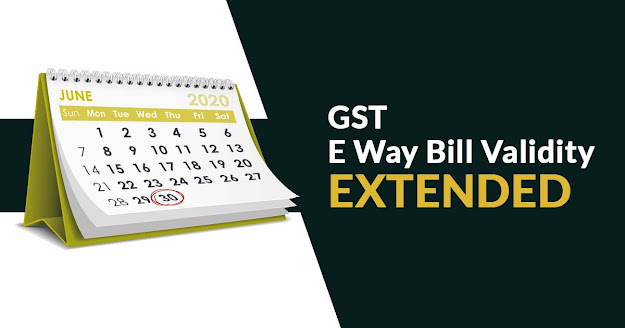The validity of Electronic Way Bill or e-Way Bill has been extended by the Central Board of Indirect Taxes and Customs (CBIC) till 30th June 2020. The date has been extended for all the bills generated on or before 24th March 2020 and validity of which has been expired between 20th March 2020 and 15th April 2020.
In a notification released by the board, paragraph first of clause (ii) read "Provided that where an e-way bill has been generated under rule 138 of the Central Goods and Services Tax Rules, 2017 on or before the 24th day of March, 2020 and whose validity has expired on or after the 20th March, 2020, the validity period of such e-way bill shall be deemed to have been extended till the 30th day of June, 2020."
The notification will prove to be beneficial for the transporters and truckers of the country. The board had earlier extended the validity of bills till 31st May 2020 for then orders or goods amounting above Rs. 50,000. The e-way bill is required to be generated by the transporters and truckers in front of a Goods and Services Tax (GST) Inspector for the transportation of goods amounting more than Rs. 50,000 from one state to another.
Presently, the validity of the e-way bill is that of one day for every 100 km. The validity of e-way bill is one day for every 20 km for over-dimensional cargo (ODC) like trucks. The decision was taken as the government had announced a lockdown for 21 days to control the spread of coronavirus. The notification will apply from 31st May 2020.
CBIB Ofiicial Notification for E-way Bill


Comments
Post a Comment